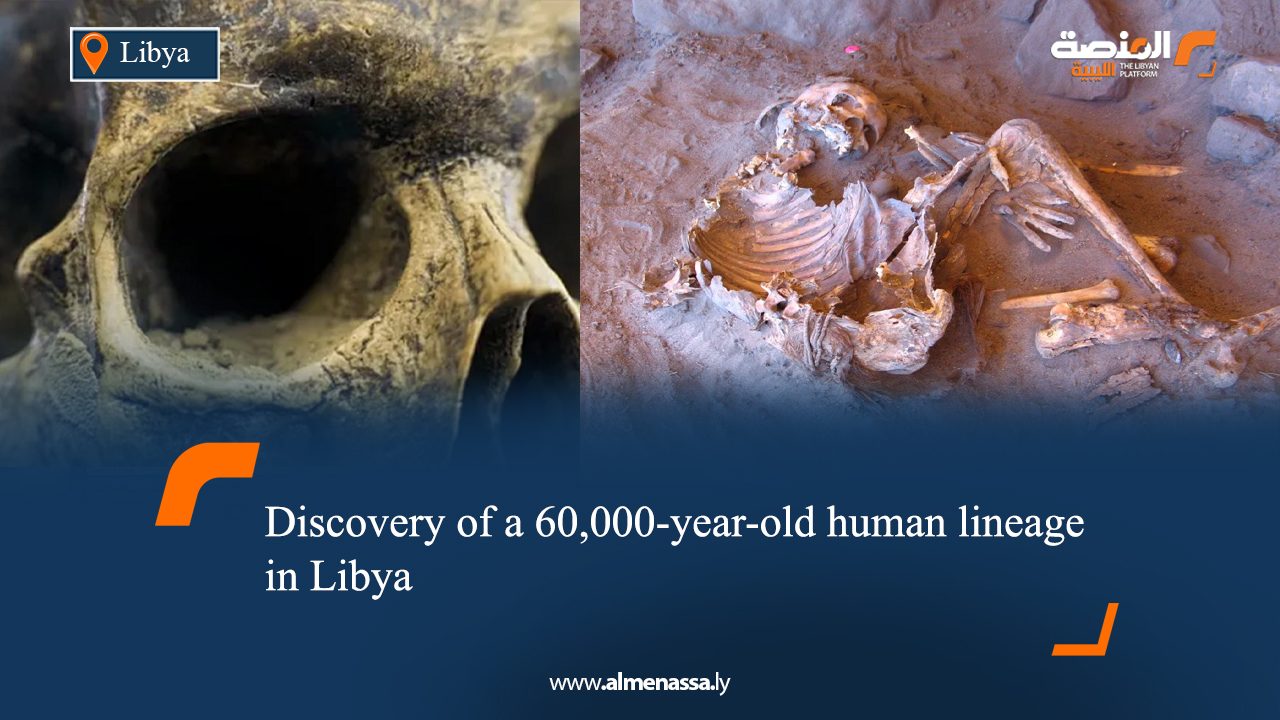A team of international paleogeneticists has made a groundbreaking discovery at Libya’s Takarori archaeological site, unearthing a new human lineage that diverged from other African populations approximately 60,000 years ago. The findings emerged from DNA analysis of 7,000-year-old human remains buried at the site, revealing a close genetic link to modern-day Northwest Africans.
The study noted a small percentage of DNA in this lineage compared to non-African groups, raising new questions about ancient migrations and cross-continental interactions. This population thrived in the Green Sahara period around 5,000 years ago, when the region was a lush, biodiverse landscape far removed from its current arid state.
During this era, the Sahara’s fertile environment supported hunter-gatherer communities and settlements, fostering diverse lifestyles amid abundant wildlife and vegetation. These conditions positioned the area as a vital hub for early human development.
The discovery marks a pivotal shift in understanding human evolution in North Africa, offering fresh insights into migratory origins and ancient genetic exchanges between continents. It also underscores the Sahara’s role as a cradle of early civilizations during its greener epochs.


